How To Use Glycerin On Face – Benefits And Side Effects
Exciting ways to include this water-soluble liquid in your skin care regimen!
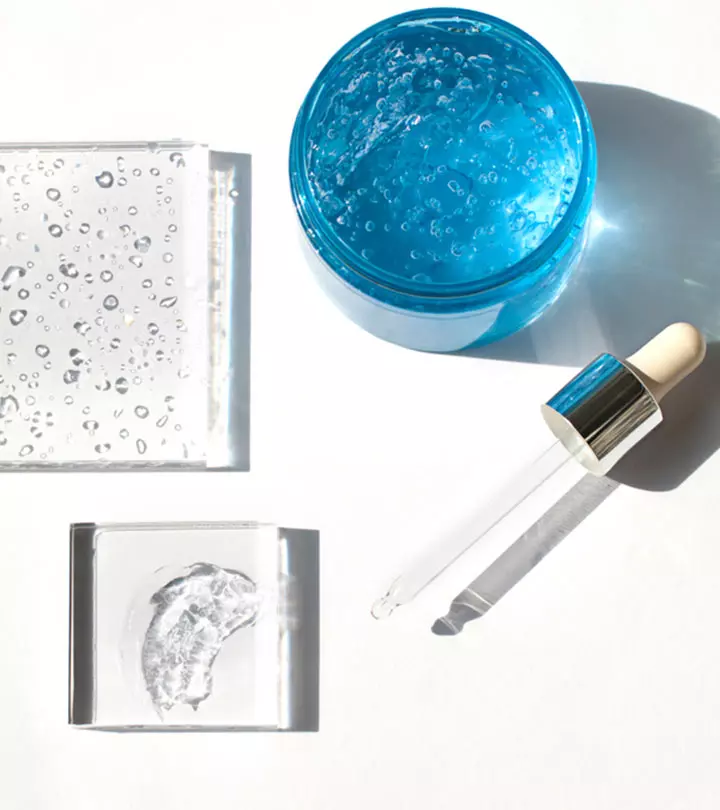
Image: Shutterstock
Glycerin is a colorless, odorless, clear, viscous, and water-soluble liquid and is also known as glycerol. This versatile compound has over 1500 uses and is commonly used in beauty and cosmetic products (1). You can use glycerin on the face to improve your look and skin texture.
Glycerin also contains alcohol and sugar compounds derived from animal and plant sources. It is a byproduct of the soap-making process and can provide several benefits to your skin. If you wish to give it a try, it is best to have a clear idea of the ingredient. This article deals with glycerin and how you can use them in your skin care routine. Keep reading to know more about it.
 Did You Know?
Did You Know?In This Article
Top 5 Benefits Of Glycerin For Skin
1. Helps Moisturize Skin
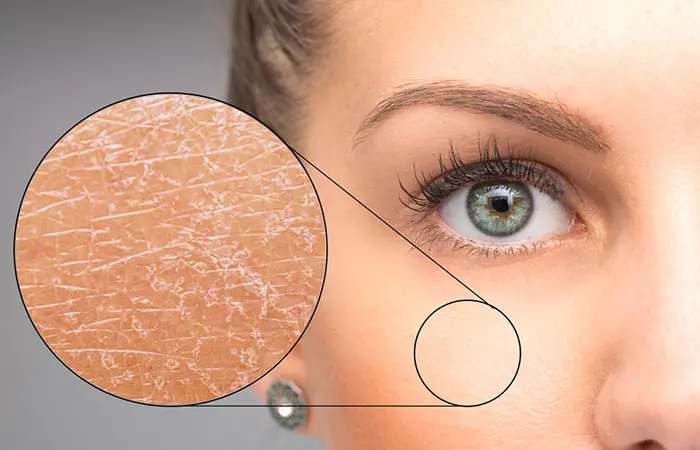
Glycerin hydrates the outer layer of the skin, particularly during dry and cold weather conditions. It is the most powerful humectanti A substance found in food or used in haircare and skincare products to reduce the loss of moisture from the skin and hair. in comparison with hyaluronic acidi A natural gooey substance produced by the body that locks moisture in the skin and the eyes and lubricates joints. , sorbitoli A type of carbohydrate found in plants and fruits used in cosmetics as a sweetener, a thickener, and a skin-softening agent. , etc. (2). To use it as a moisturizer, follow these steps:
- Step 1: Add two tablespoons of fresh lemon juice to 250 ml of glycerin.
- Step 2: Apply this mixture to your face every night before sleeping. You will wake up to dewy, hydrated skin in the morning.
2. May Reduce Signs Of Aging
Glycerin enhances the skin barrier function (3). It also may boost skin elasticity and reduce fine lines and wrinkles over time. Here is a DIY recipe you can try to leverage glycerin’s anti-aging benefits:
- Step 1: Beat an egg white till it is frothy.
- Step 2: Mix a teaspoon each of organic honey and glycerin.
- Step 3: Apply the mixture to the face in an upward, circular motion.
- Step 4: Let it sit for 20 minutes and wash with plain water.
3. May Help Reduce Acne
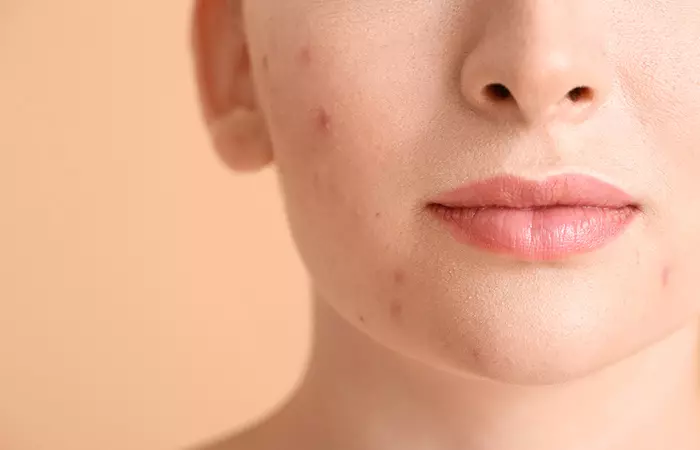
Glycerin could help protect the skin against irritants and may help prevent acne. However, more research is warranted in this regard. But glycerin is a moisturizer and may help in acne treatment (4).
- Step 1: Mix a tablespoon of glycerin, a tablespoon of rose water, and two tablespoons of turmeric powder in a glass of distilled water.
- Step 2: Stir till you get a smooth paste. Apply to your face and let it dry.
- Step 3. Wash with ice-cold water. This closes the skin pores and may help in acne treatment.
The combination of rosewater and glycerin work together to improve the skin barrier function and prevent skin dryness. At the same time, turmeric adds a healthy glow to your skin.
On the other hand, Anitha, a skincare blogger, after trying the mask made with glycerin, lemon juice, and rose water, expresses, “This pack is my ultimate weapon whenever other solutions didn’t workout or give quick results for my skin problems. I have combination skin and always suffer from lot of pimples on forehead and cheeks, sometimes these pimples are painful as well. Along with these, the marks left by are very much annoying. Hence the only solution which worked (i).”
4. May Help Heal Wounds
Glycerin helps accelerate wound healing. It has strong antimicrobial properties that may fight the infection around wounds (5).
- Step 1: Mix 4 teaspoons of pure fullers earth and a teaspoon of glycerin.
- Step 2: Add a little water to make a smooth paste.
- Step 3: Apply the mixture to your face using your fingers. Do not apply near the mouth or the eye areas.
- Step 4: Let it dry. Wash with plain water.
5. May Promote Skin Glow

Anecdotal evidence suggests that glycerin may help promote skin glow. Here is a homemade glycerin recipe that can help:
- Step 1: Mix half a cup of water with one teaspoon of glycerin.
- Step 2: Add one teaspoon of cold-pressed vegetable oil like sesame, almond, or apricot.
- Step 3: Add a few drops of any essential oil of your choice.
- Step 4: Cool the mixture in a refrigerator and apply it to your face with a cotton pad. Let it sit for about 20 minutes and wash off.
You may also mix vitamin E oil, Vaseline, and glycerin in equal parts and apply the mixture to your face before taking a shower.
You can also use glycerin on your face in various other ways. We have listed them below.
 Quick Tip
Quick TipKey Takeaways
- Glycerin is great for the skin as it retains its moisture, making it a good option for those with dry skin.
- This colorless and odorless liquid may hydrate the skin, reduce the signs of aging, and help prevent acne.
- You can apply glycerin directly to your face or use it as a cleanser and a makeup remover.
- People with sensitive skin may not react well to glycerin and experience redness, swelling, and itching.
How To Use Glycerin On Face: Top 4 Ways
A. Apply It Directly To Your Face:
- Step 1: Wash your face with cool water and pat dry with a microfiber towel. Make sure your face is a little damp.
- Step 2: Dab some glycerin on a cotton ball. Apply lightly onto your skin.
- Step 3: Do not apply near the mouth or eyes.
- Step 4: Leave it on for about 20 to 30 minutes and wash off.
B. As A Cleanser: Use this DIY glycerin cleanser recipe for cleansing your face.
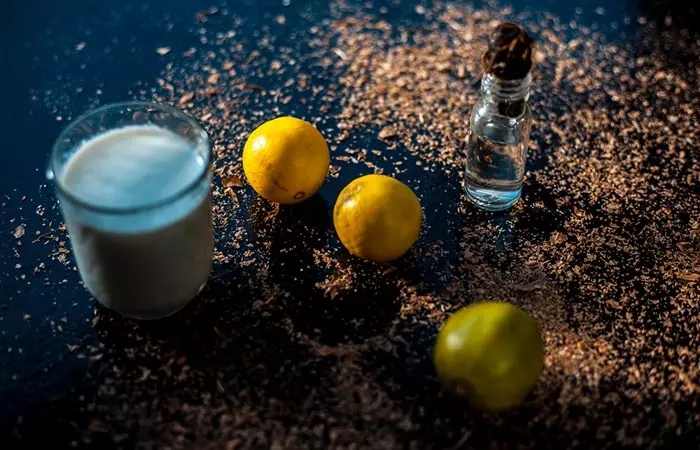
- Step 1: Mix three teaspoons of milk with a teaspoon of glycerin.
- Step 2: Apply the mixture to your face at night and gently massage it. Wash off in the morning.
C. As A Dirt, Oil, And Makeup Remover:
- Step 1: Mix half a cup of water with one-and-a-half tablespoons each of glycerin and cornflour.
- Step 2: Bring the mixture to a boil until it looks clear.
- Step 3: Dab your face with cool water.
- Step 4: After the mixture has cooled, apply a little on moist skin and leave it on for 10 to 15 minutes. Wash with cool water.
D. As A Homemade Toner:
- Step 1: Wash your face.
- Step 2: Dilute a little glycerin with water and dab it on your damp face. This will help tighten your pores.
- Step 3: Next, mix one-fourth cup of glycerin with one-and-a-half cups of rose water. Use this mixture as an effective toning solution.
 Fun Fact
Fun FactHere is how you can use glycerin in different ways to promote your overall skin health. But does glycerin cause any side effects?
Side Effects Of Glycerin

Glycerin does not have any reported side effects as it is mild in nature. That said, there are certain precautionary measures you can take. Since it is a natural product, certain people with sensitive skin might have an allergic reaction. Do a patch test on the insides of your arm prior to applying it to your face. This is to ensure you do not experience
- Redness
- Blisters
- Swelling
- Hives
- Itching
- Rashes
Stop using the product immediately if you observe any of the above-mentioned symptoms.
These are the other precautions you can take:
- Read The Label: Before buying any product containing glycerin, make sure to read the ingredients label carefully to ensure it is of high quality.
- Dilute The Glycerin: Dilute the glycerin with water or rose water before you apply it. Rose water has antioxidant properties and may further help promote skin health (6).
- Wash Off Quickly: Do not leave glycerin on your face for too long as it tends to attract dust and pollution.
- Wear Sunscreen: Glycerin can trigger sun sensitivity. Hence, it is important you wear a sunscreen lotion after applying it to your face.
- You May Choose Vegetable Glycerin: Vegans may have issues using animal-based glycerin You can always use glycerin derived from vegetable oils (like palm, soy, or coconut oils). Make sure to read the label carefully.
After weighing the pros and cons of using glycerin for your face, if you consider trying it out on your skin, you need to know what kind of glycerin products to opt for. Keep reading to learn how to choose the best glycerin products.
What To Look For When Choosing Glycerin Products
When selecting glycerin-based products, consider the following:
- Opt for products containing pure vegetable glycerin as it is gentler on the skin and less likely to irritate.
- Look for products that combine glycerin with other nourishing ingredients like aloe vera, hyaluronic acid, or vitamin E to enhance their moisturizing and healing properties.
- Steer clear of products containing harsh chemicals, synthetic fragrances, or dyes, as these can irritate the skin.
- Choose products formulated for your specific skin type. Those with oily skin may benefit from lighter, gel-based formulations, while those with dry skin may prefer richer, cream-based products.
- Always perform a patch test on a small area of skin to check for any adverse reactions, before using a new glycerin product widely.
Infographic: 5 Reasons To Use Glycerin For Skin Care
Glycerin is a transparent water-soluble liquid used in various skin care products and home remedies. From preventing acne to reducing signs of aging, it can benefit your skin in many ways. Check out the infographic below to know more about the top reasons for adding glycerin to your skin care routine.

Illustration: StyleCraze Design Team
Glycerin is an odorless and transparent water-soluble liquid that can easily be incorporated into your skincare routine. The benefits of using glycerin for your face may include moisturizing your skin, healing wounds, and reducing the signs of aging and acne. You can either use glycerin directly on your face or dilute it with water to use it as a cleanser or toner. This can help reduce open pores, making it ideal for oily skin. Conduct a patch test before you use glycerin as it may result in redness, swelling, itching, or rashes. If you develop any of these symptoms, stop using it immediately.
Frequently Asked Questions
Can glycerin remove dark spots?
No. Glycerin cannot reduce dark spots. However, it may help enhance skin barrier function and overall skin health.
Is glycerin good for lips?
Yes, there are plenty of benefits of using glycerin on the lips. It helps lock in moisture, and hydrates and softens dry and chapped lips.
Can I use glycerin on my face daily?
Yes, it is safe to use glycerin on the face daily. It will help improve skin hydration.
Does glycerin darken skin?
No, glycerin does not darken the skin. It keeps the skin soft and supple.
How to use glycerin on the face at night?
You can apply a few drops of glycerin with your moisturizer to your face at night and wash it off in the morning.
“Glycerin is a miracle ingredient for your skin! Watch the video below to learn how to use it to get a youthful, tight, spotless, and scar-free texture.”
Personal Experience: Source
StyleCraze's articles are interwoven with authentic personal narratives that provide depth and resonance to our content. Below are the sources of the personal accounts referenced in this article.
i. Lemon, Glycerin and Rose water : Best ever natural solution for Acne, Break-outs,Cyst Pimple, Dry skin,Pimple marks, uneven skin tone etc..https://369reviews.wordpress.com/2018/01/21/lemon-glycerin-and-rose-water-best-ever-natural-solution-for-acne-break-outscyst-pimple-dry-skinpimple-marks-uneven-skin-tone-etc/
References
Articles on StyleCraze are backed by verified information from peer-reviewed and academic research papers, reputed organizations, research institutions, and medical associations to ensure accuracy and relevance. Read our editorial policy to learn more.
- From Symmetric Glycerol Derivatives to Dissymmetric Chlorohydrins,
https://www.ncbi.nlm.nih.gov/pmc/articles/PMC6259839/ - Moisturizers: The Slippery Road,
https://www.ncbi.nlm.nih.gov/pmc/articles/PMC4885180/ - The 24-hour skin hydration and barrier function effects of a hyaluronic 1%, glycerin 5%, and Centella asiatica stem cells extract moisturizing fluid: an intra-subject, randomized, assessor-blinded study,
https://www.ncbi.nlm.nih.gov/pmc/articles/PMC5560567/ - Moisturizers for Acne: What are their Constituents?,
https://pubmed.ncbi.nlm.nih.gov/24847408/ - Glycerin-Based Hydrogel for Infection Control,
https://www.ncbi.nlm.nih.gov/pmc/articles/PMC3839013/ - Skin anti‐inflammatory activity of rose petal extract (Rosa gallica) through reduction of MAPK signaling pathway
https://www.ncbi.nlm.nih.gov/pmc/articles/PMC6261181/ - Safety Assessment of Glycerin as Used in Cosmetics
https://journals.sagepub.com/doi/10.1177/1091581819883820
Read full bio of Dr. Monali Pattnaik
Read full bio of Arshiya Syeda
Read full bio of Ramona Sinha
Read full bio of Medha Deb






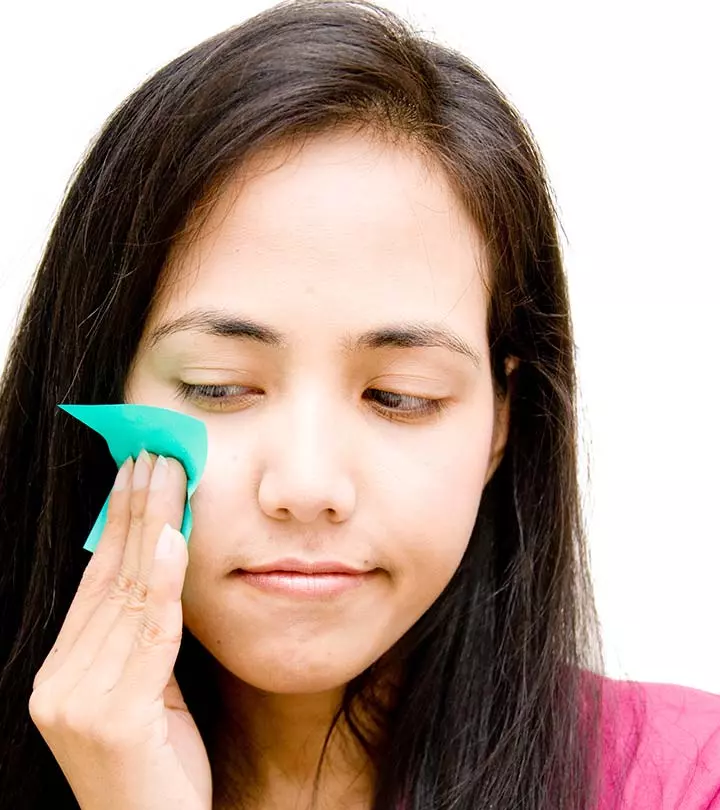
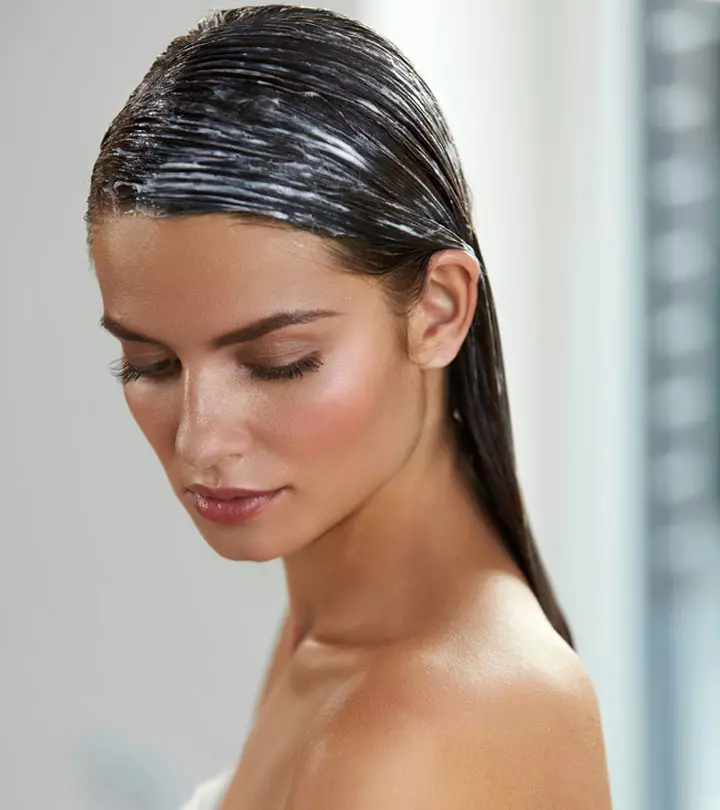
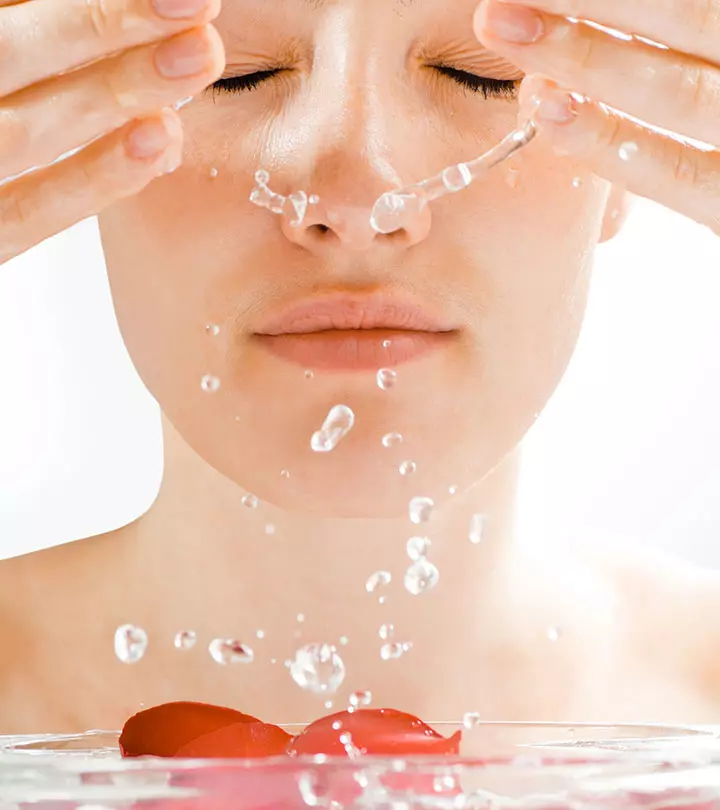
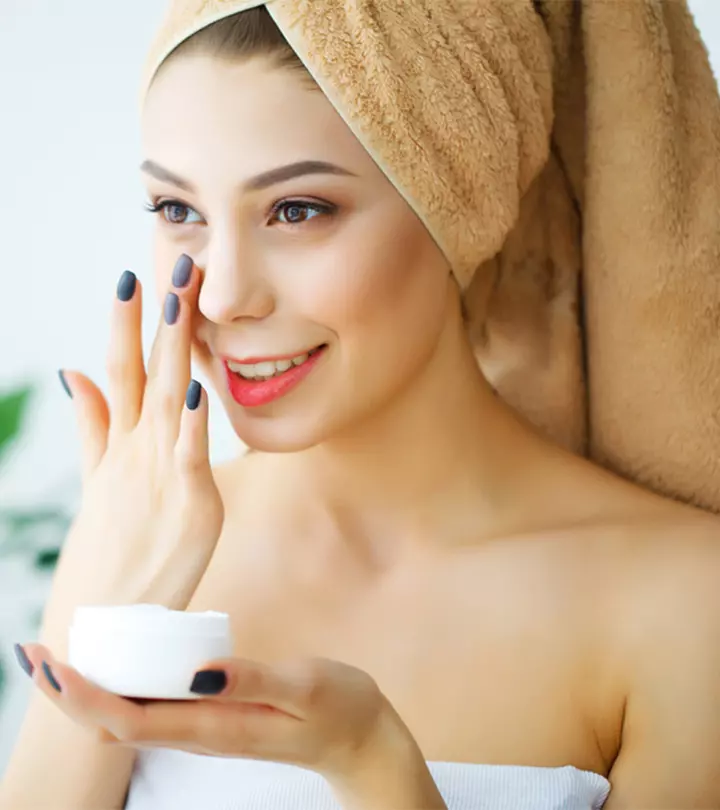
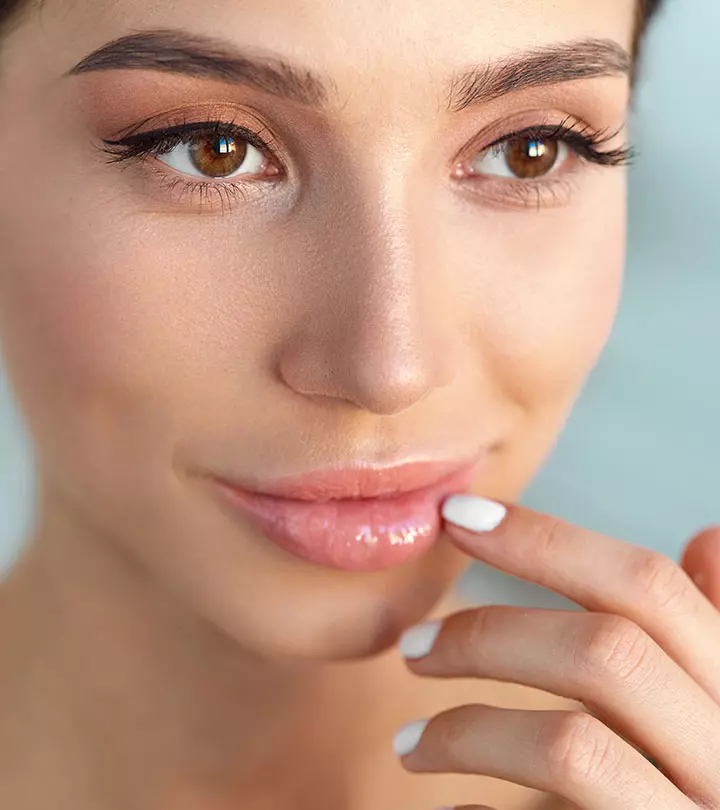
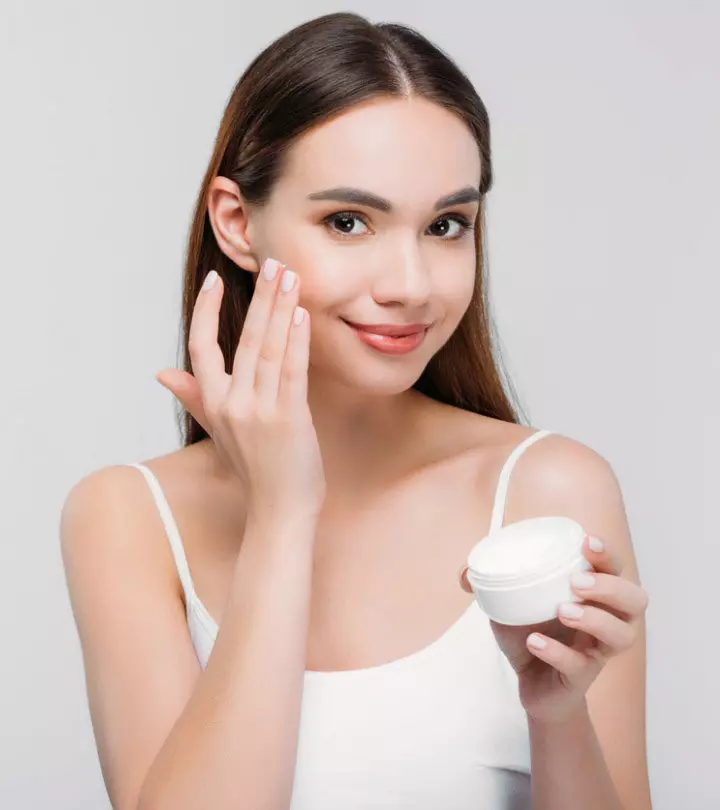
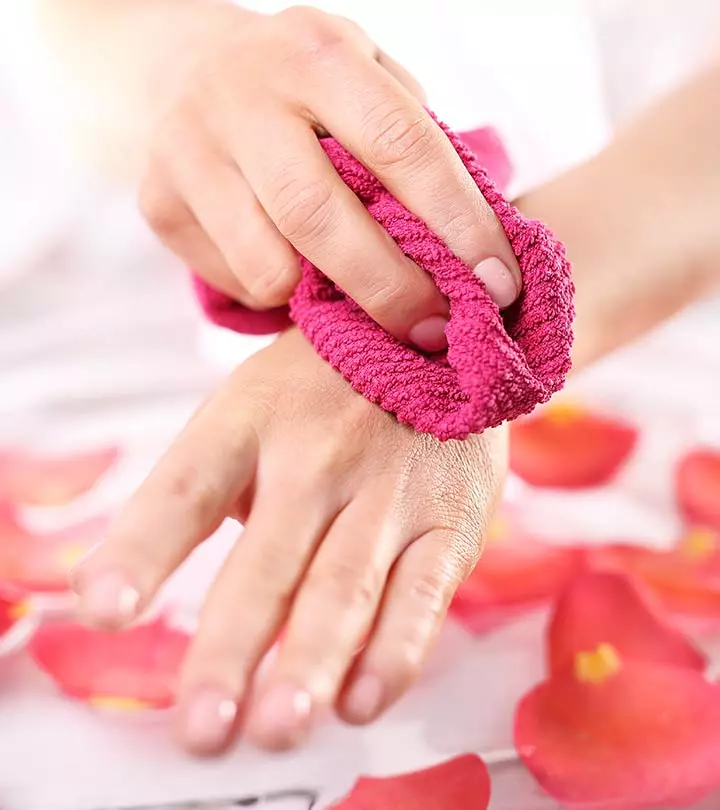
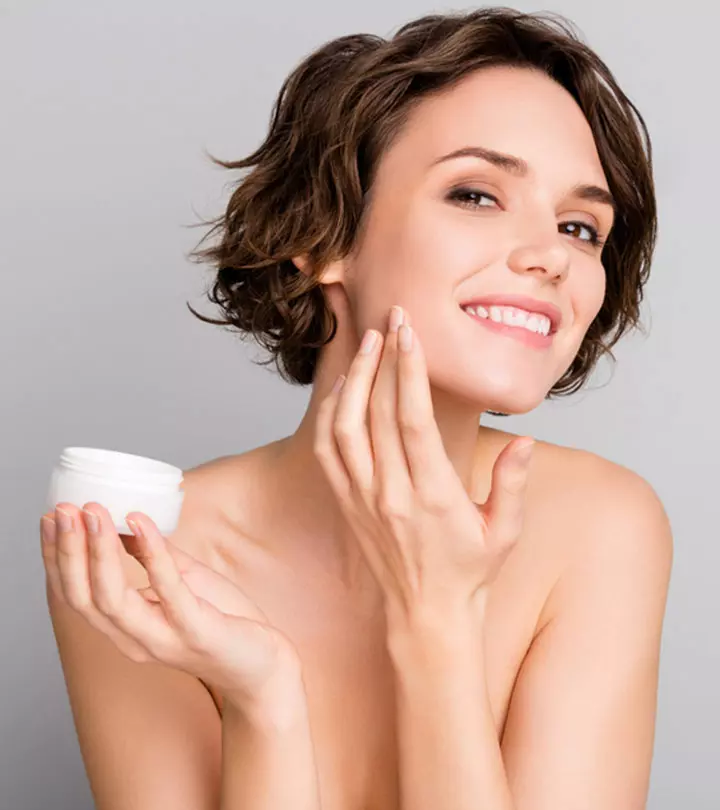
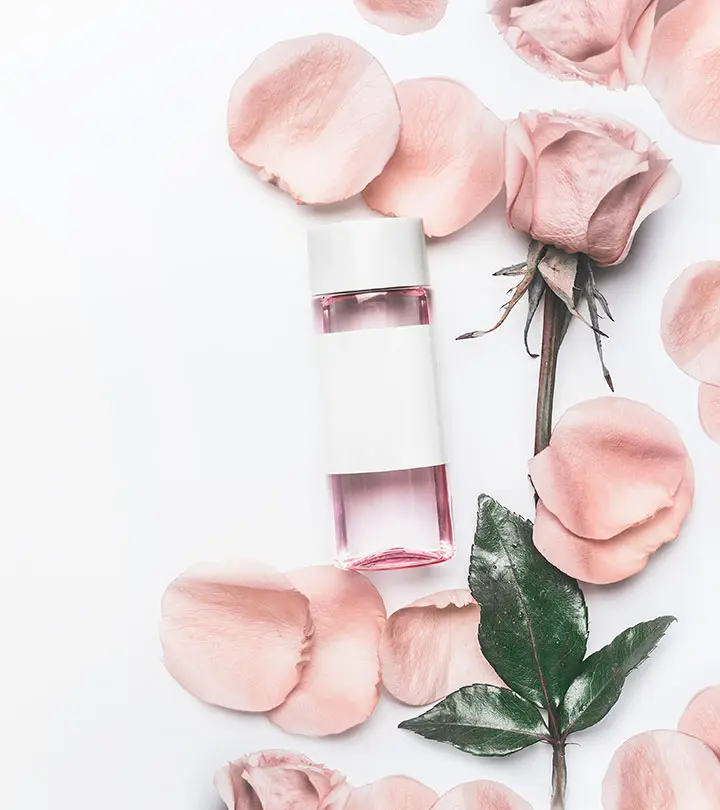
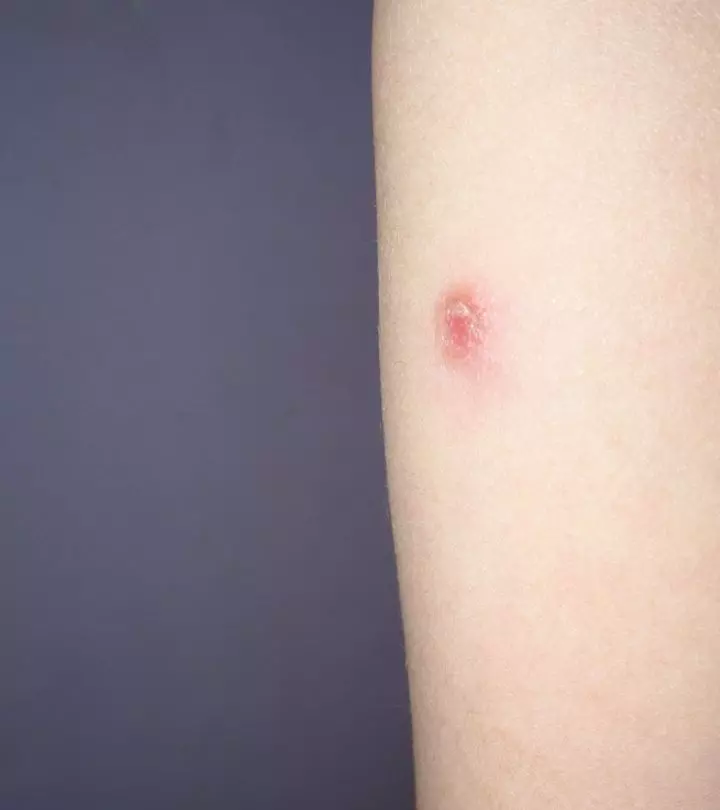
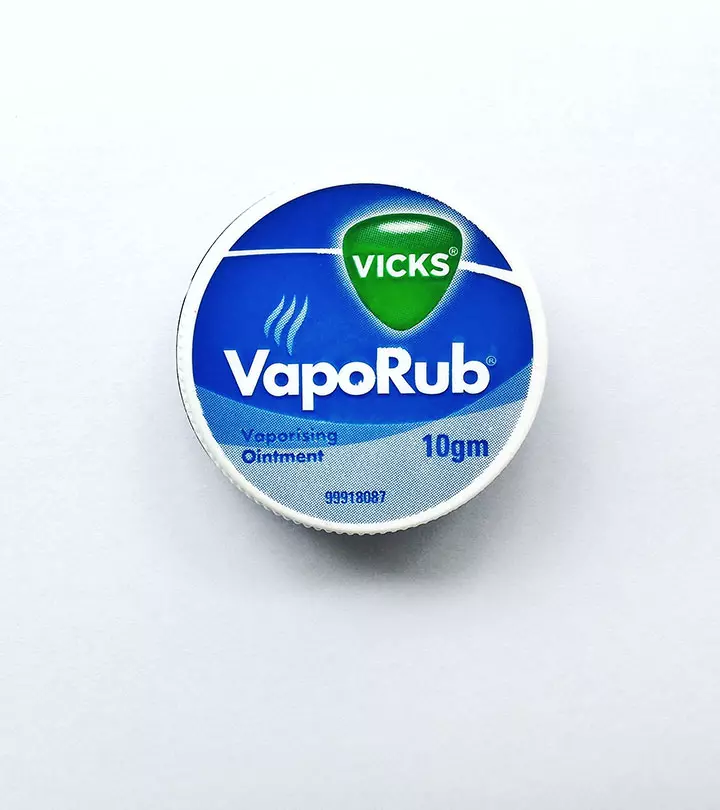
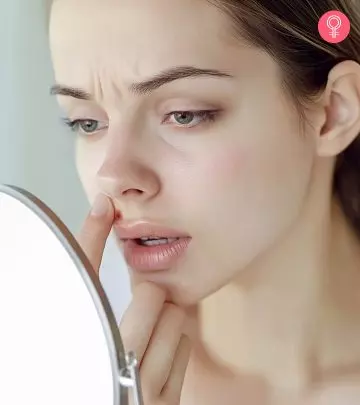
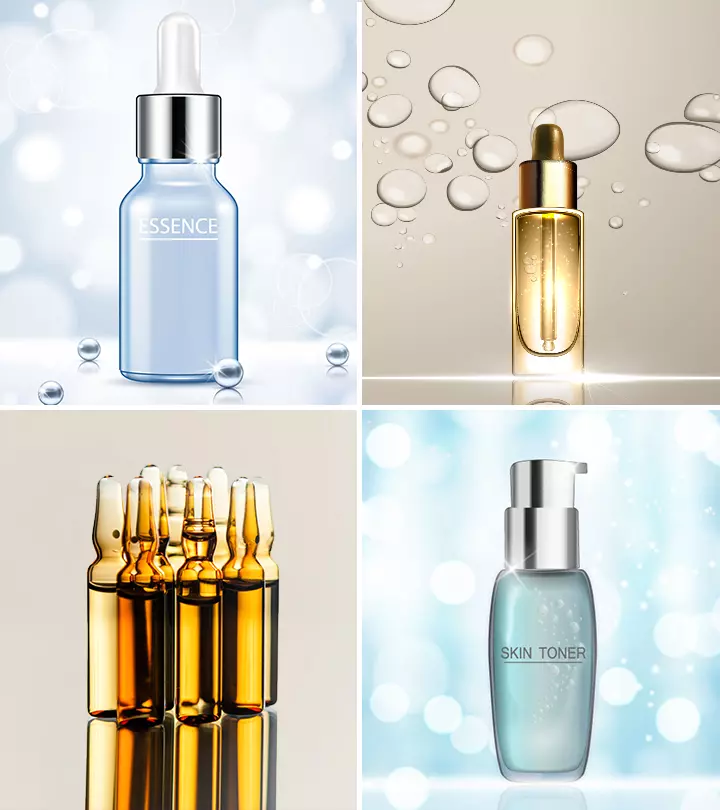
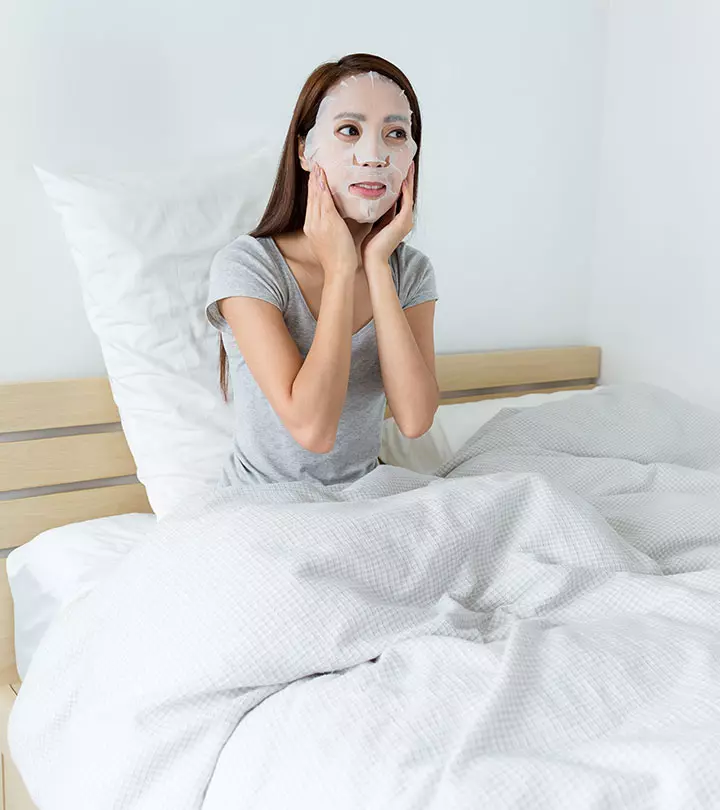
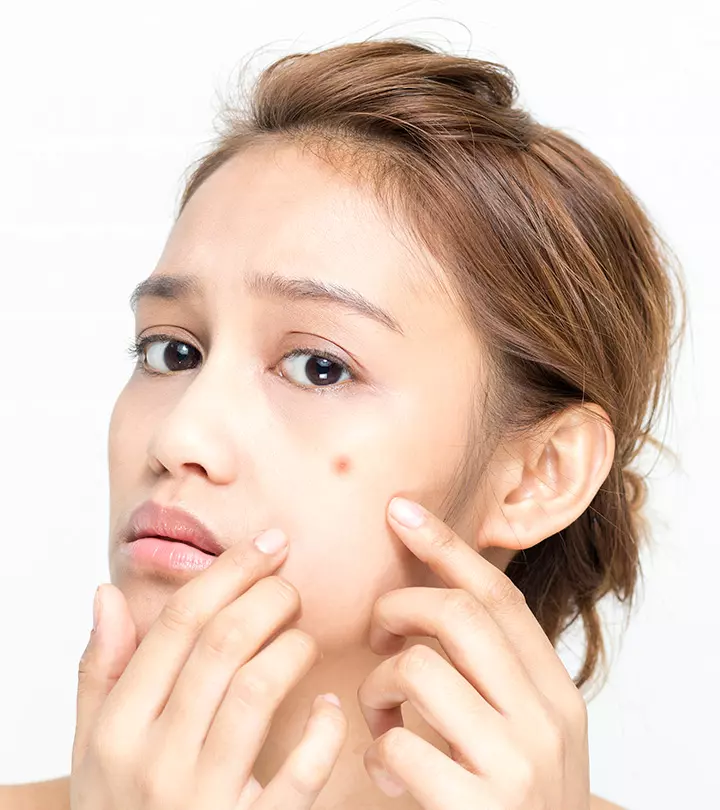
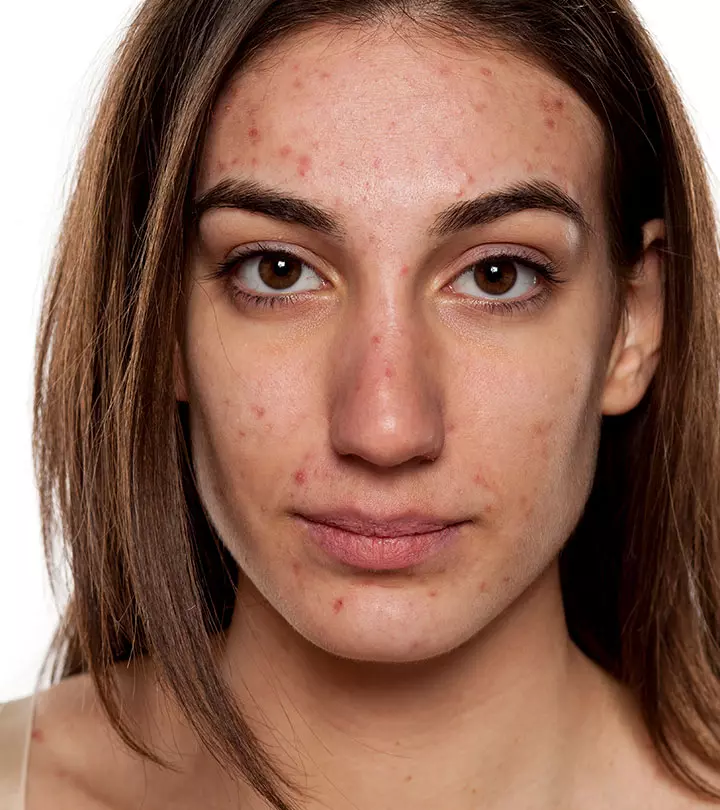
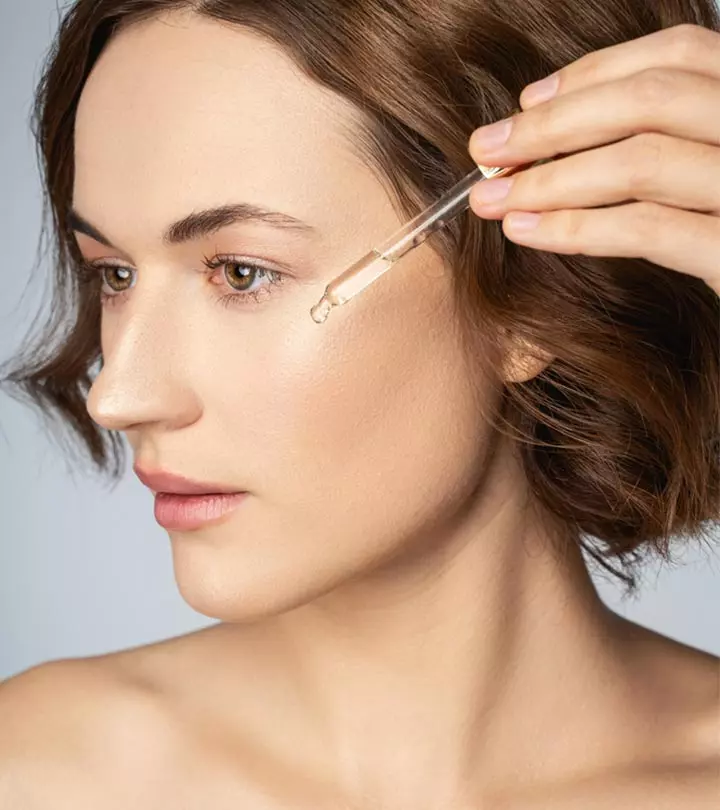
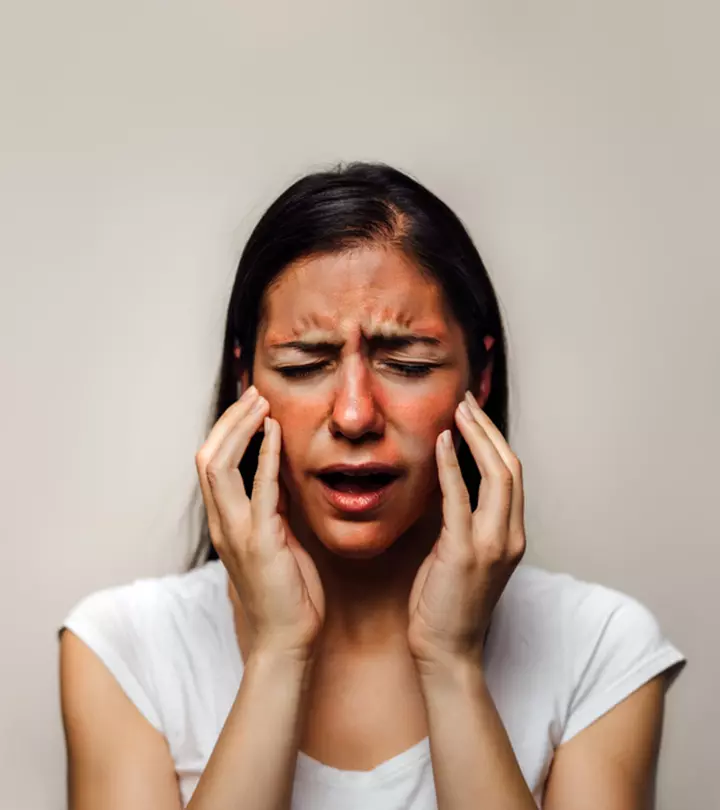
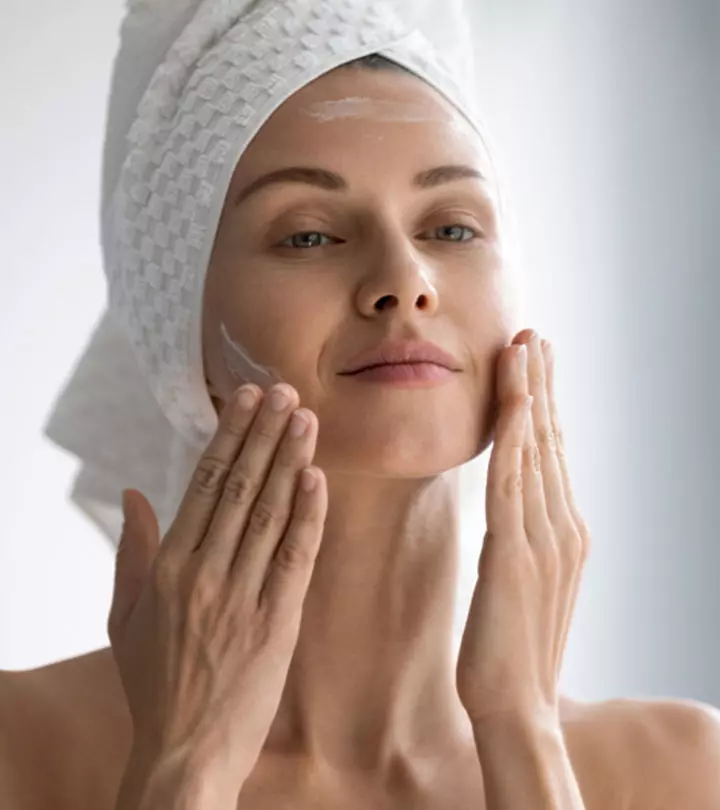
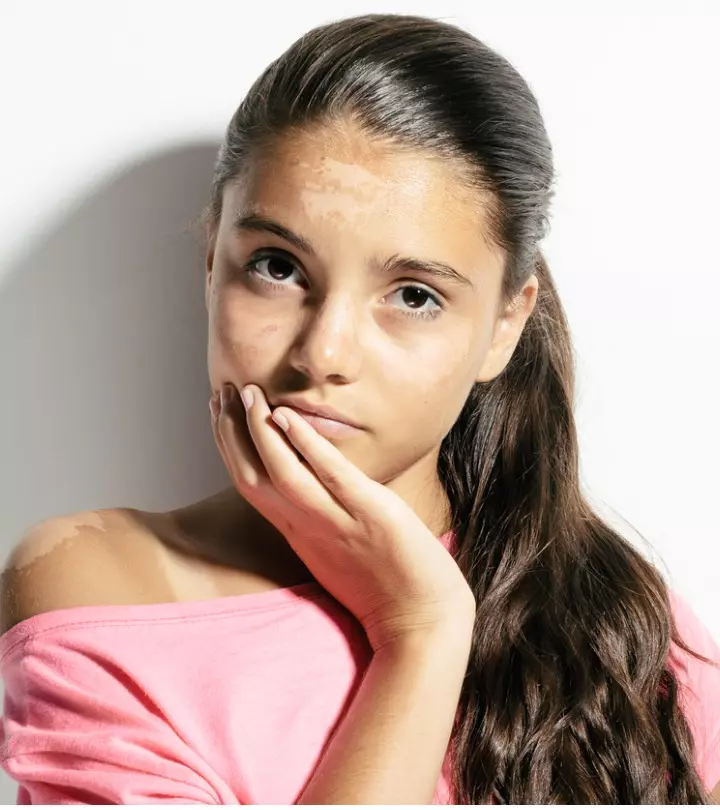
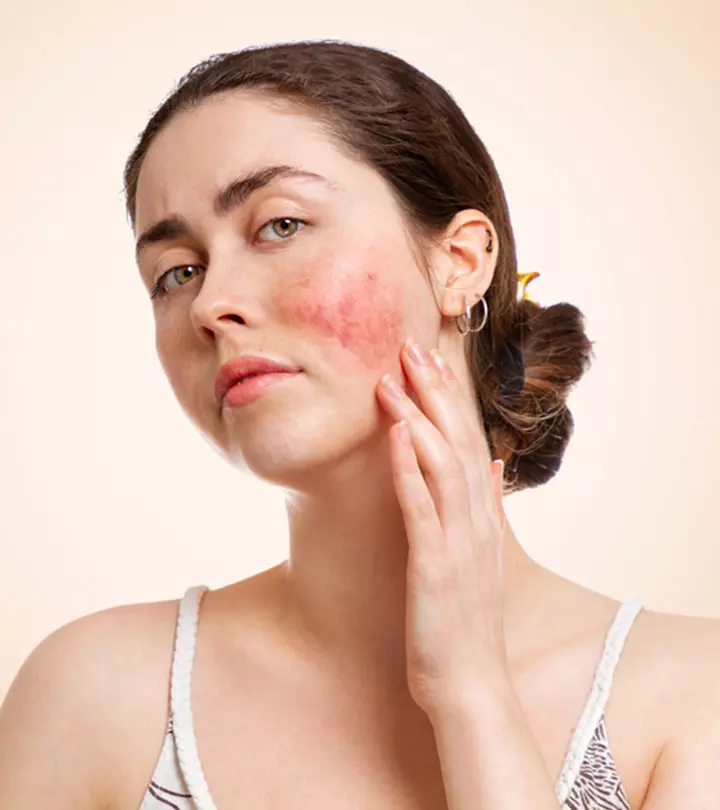
Community Experiences
Join the conversation and become a part of our empowering community! Share your stories, experiences, and insights to connect with other beauty, lifestyle, and health enthusiasts.